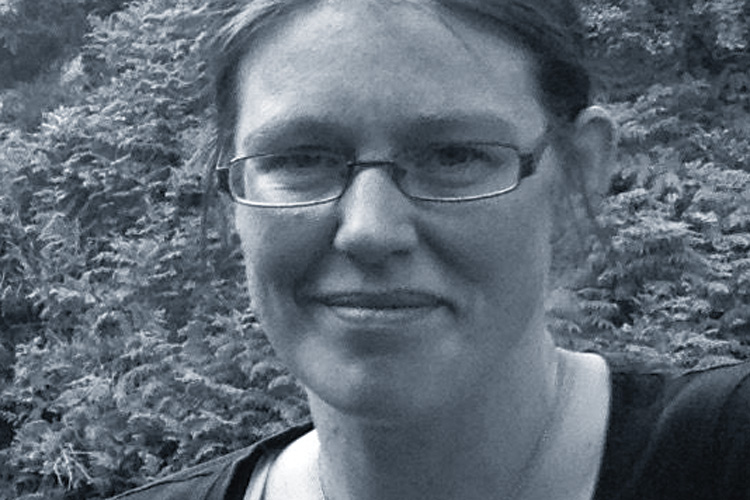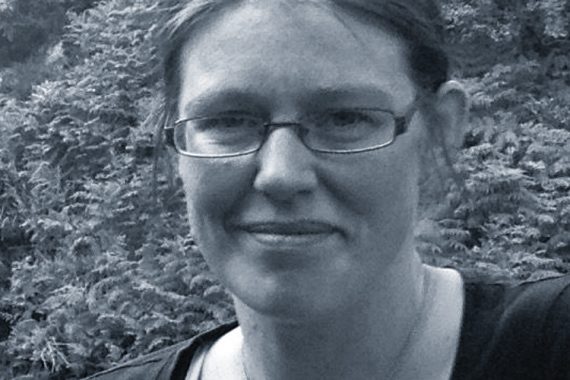
Here I am, sitting on the ferry, just returning from a day trip to occupational health, contemplating what this means for me, my career, my life, my dreams, and my future.
I’m having my second major relapse of MS this year. I was first diagnosed nine years ago after my right arm and body went numb, just a few months before sitting MRCGP exams. I had a very unpleasant course of mega-high-dose steroids (such fun with type 1 diabetes), which did very little other than nearly sending me ketoacidotic.
It seemed so scary then, but I resolved to just get on with it, what will be will be, and passed the exams with flying colours. And apart from some facial tingling two years later, and now doing pulses and rectal exams with my left hand, I hadn’t thought much of it… until February. I foolishly worked through that episode, determined not to be defeated by a little foot-drop, tiredness and blood sugars of 15+ (more methylprednisolone). Then, come the end of March I was hit with what felt like a tonne of bricks – wobbling round like I’d had a good session on the whiskey, falling asleep at the dinner table. My colleagues came to the rescue, I was packed off home – signed off, from all-go, to nothing…
Anyone who knows me also knows I do not take ‘all stop’ at all well – the curse of ADHD? A distorted work ethic? I don’t know. But the feelings of abandonment I have felt these past weeks, the unintended consequences of my colleagues’ well-intentioned and compassionate approach to my illness, were the hardest to deal with. I cannot blame anyone. I am grateful for the thoughts and actions to protect me from myself. But that feeling of enforcement, lack of involvement in the decisions, bites hard.
We need to reflect on our own experiences, share them, learn from them
We all do it (us humans) – we advise, do, or imagine thoughts, reactions or solutions based on how we imagine it should be. No more so than the ‘patient experience’. Only when something happens to us, or someone close to us, can we see the divide between how we thought it might affect us and how it actually does.
My own experiences of multiple chronic medical conditions, ADHD, and now MS are daily reminders that I am human, my opinion is no more powerful or valid than theirs, I am an advisor, but I cannot live their experiences for them.
We need to reflect on our own experiences, share them, learn from them. Remember how it feels from the ‘other side’. We become better doctors for it, better communicators, more compassionate, more relaxed to the existence and validity of other perspectives. More accepting of ourselves as finite, mortal and imperfect, and honest with colleagues, patients, society and decision-makers.
We must listen to others’ stories with compassionate, open ears and hearts, bring the humanity back into the core of healthcare, as the #thosewecarry campaign is doing on Twitter.
We should share our stories, as I am, and colleagues did in the recent Pulse writing competition about being on the other side of the consultation. Compassion starts within us, and true compassion only comes with acceptance of ourselves and fellow beings as we are, not as we think we and they should be. Take off the mask of ‘professionalism’ and you will find those around you appreciate you more for who you actually are, not who you thought you should be.
Dr Cathy Welch is a GP on the Isle of Arran, Scotland

















